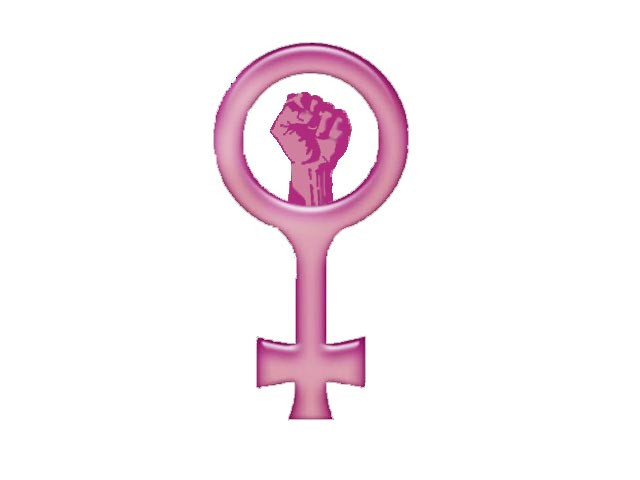Women and profits: never in a 100 years?
US women are the world’s largest economy based on purchasing parity.

This would most likely have been the title of an article in a newspaper in 1911. The paper would have a readership running in the thousands and the male readers would probably share this as an amusing line at the ‘All Boys’ club. Women might have sighed and accepted it as a fact of life. Thankfully, things are very different today and 101 years on this statement would be termed at the least as gender insensitive, and, worse still, land the perpetrator in financial distress. The statement would also be wildly inaccurate. Let me demonstrate why.
Let’s start with a quiz. Can you guess the largest economy on earth based on purchase power parity? China? USA? India? If you guessed those, you are like the majority of us, close to the answer but not quite there! The third largest economy based on purchasing power is US men with a power of $4 trillion; second is Japan with $4.4 trillion and the largest economy on earth is US women with a whopping $7.7 trillion, enough money to feed the world’s starving. In case you’re wondering where I got this astonishing statistic - it came from a man -not just any man - but the internationally acclaimed management guru Tom Peters who put this dollar value on women’s purchasing power.
This should get everyone thinking. If all the women in the world emptied their purses in a giant pot, what could they not buy? Pretty much anything they wanted to. Whole countries even. Don’t worry, we are not about to buy any - but we are buying everything else. In fact, women make 94% of home furnishing decisions, 89% of vacation decisions and 75% of new home decisions. That’s just a few of them. Other areas include computer repair services where women make over 60% decisions and even have the major say in buying used cars and their childrens’ education.
Should you care? As an ex- woman banker who financed the businesses of hundreds of other women across Pakistan through loans, I would say absolutely! From beauty care products to textiles and even high-tech tracking systems, women have launched all kinds of businesses and made profits beyond anyone’s imagination. Just ask Mussarat Misbah (owner of leading salon chain Depilex in Pakistan) or the country’s foreign minister Hina Rabbani Khar who runs the equally successful Polo Lounge food chain and the Darra dress line. Women clients made the international celebrity Oprah Winfrey one of the richest people on earth and helped Martha Stewart’s stock grow even while she was in jail.
So why are women so important financially? Irene Natividad, the President of Global Women Summit, has carried out more than 10 pieces of research to show that the more women in businesses create the bigger the profits. McKinsey reports a rise in profits up to as much as 8.5% for business developed around women, while Catalyst, the US based NGO, reports that companies having three or more female directors did “significantly better” than those having none. In general, Catalyst reports that these companies outperformed those with no women on boards by 84% for return on sales, 60% for return on invested capital and 46% for return on equity.
So how does a business use women? Let me share the ACCA experience where our global CEO is Helen Brand. For a company with more than 50% of the global executive team boasting women, we have results to show women make a profit.
Today, we have a presence in 180 countries, 77 global partnerships, 147,000 member and over 427,000 students - 51% of whom are women.
So the bottom line is: Hire women and ensure you understand what your female customers want, that’s where the money is!
The writer is a former banker and head of ACCA in Islamabad.
Published in The Express Tribune, March 26th, 2012.


















COMMENTS
Comments are moderated and generally will be posted if they are on-topic and not abusive.
For more information, please see our Comments FAQ